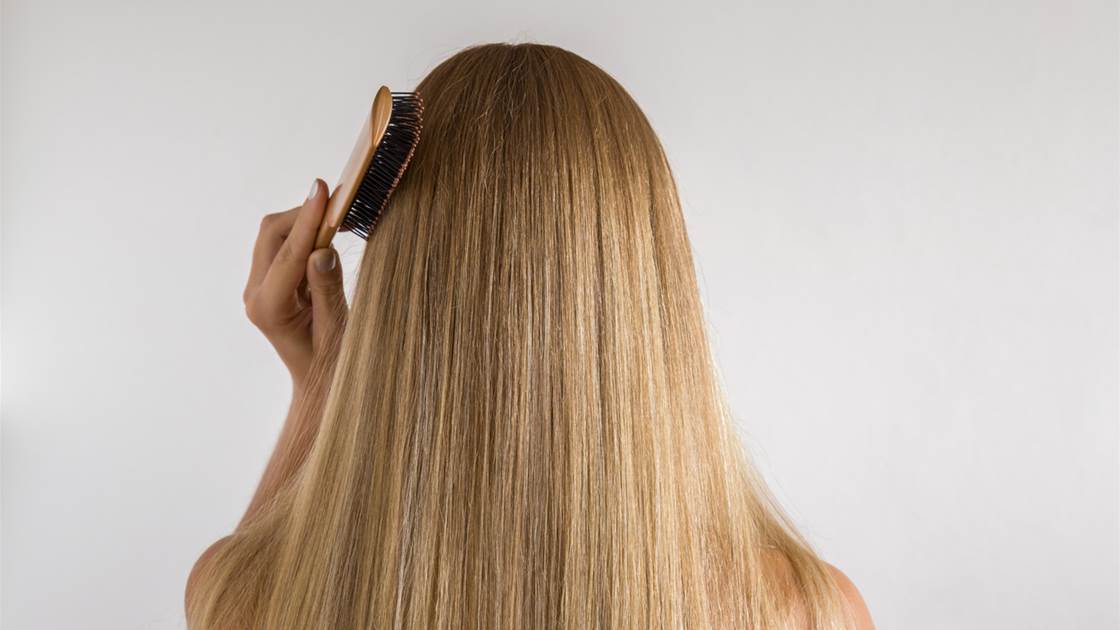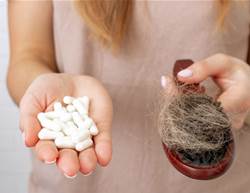Lovely locks aren’t just the result of a stellar styling routine. Mounting scientific evidence is showing that you can eat your way to stronger strands and thicker tresses.
“Hair follicle cells are some of the most metabolically active and have amongst the highest cell turnover rate in the body,” says hair transplant surgeon Dr Alan Bauman. “Restricting kilojoules or falling short on protein, minerals, essential fatty acids and vitamins can lead to abnormalities in hair fibre structure and production, pigmentation changes as well as hair loss. If you’re deficient in the basic nutritional building blocks like protein, your body won’t produce healthy hair.”
The best vitamins and nutrients for hair growth
Hair growth is most prolific from age 15 to 30, and may slow or change after 40. While there’s no vitamin H to reboot your hair, building a menu that’s rich in these components will offer the biggest benefits:
● Protein
● Iron
● Vitamin A
● B Vitamins, including 6 and 12
● Omega-3 Fats
● Zinc
● Selenium
● Magnesium
● Vitamin D (supplementation required)
If altering your diet doesn’t do the trick, speak to your doctor, suggests dermatologist Dr Salvatore Di Grandi. Hair loss or drastic hair health changes could be a symptom of an internal disease, like an under-active thyroid, a liver issue or an autoimmune condition, such as lupus. Or it could be linked to “telogen effluvium,” the name for hair loss caused by a major life stressor, such as giving birth, a death in the family, a new job or loss of job or moving. These triggers will likely require a more multifaceted treatment approach:
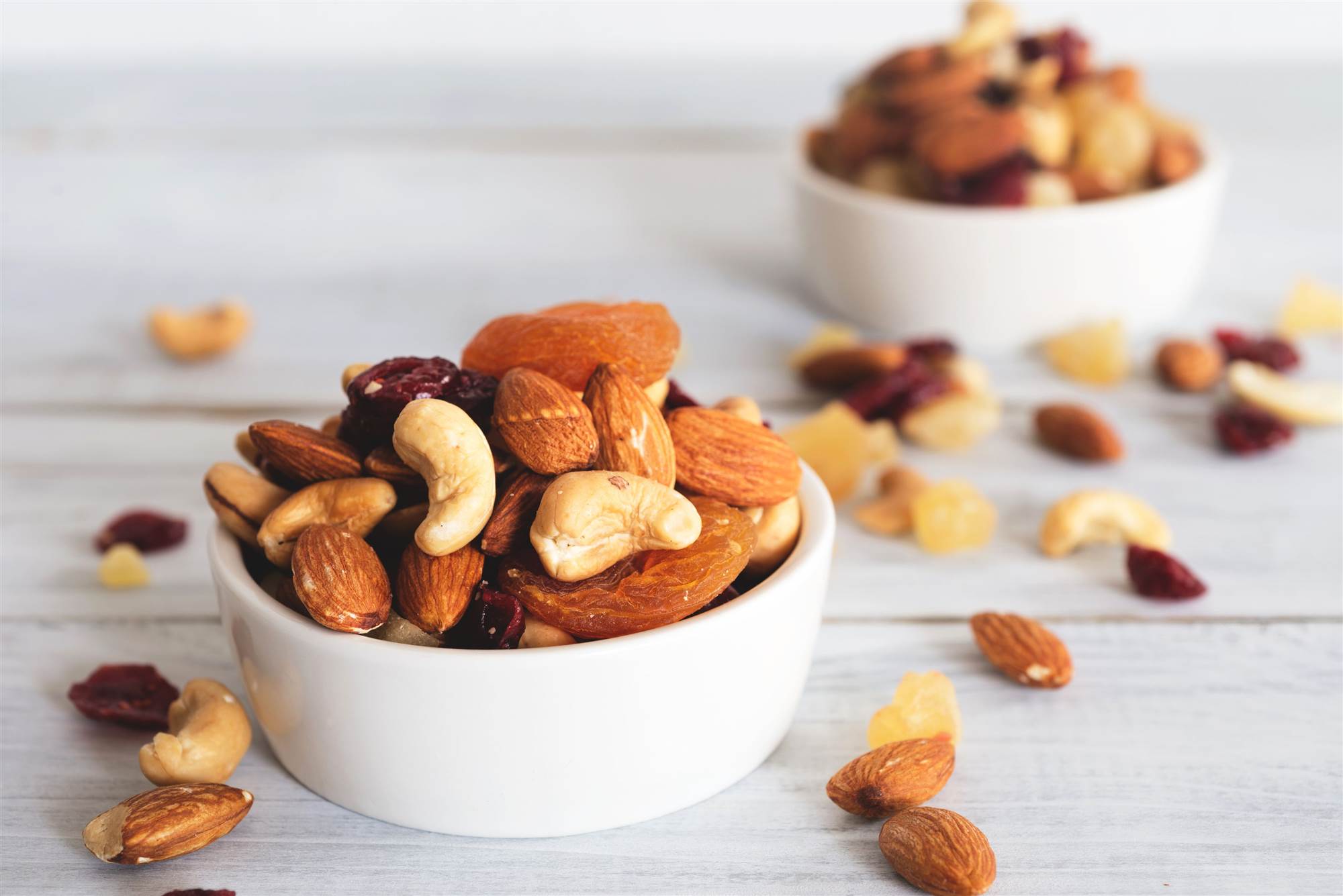
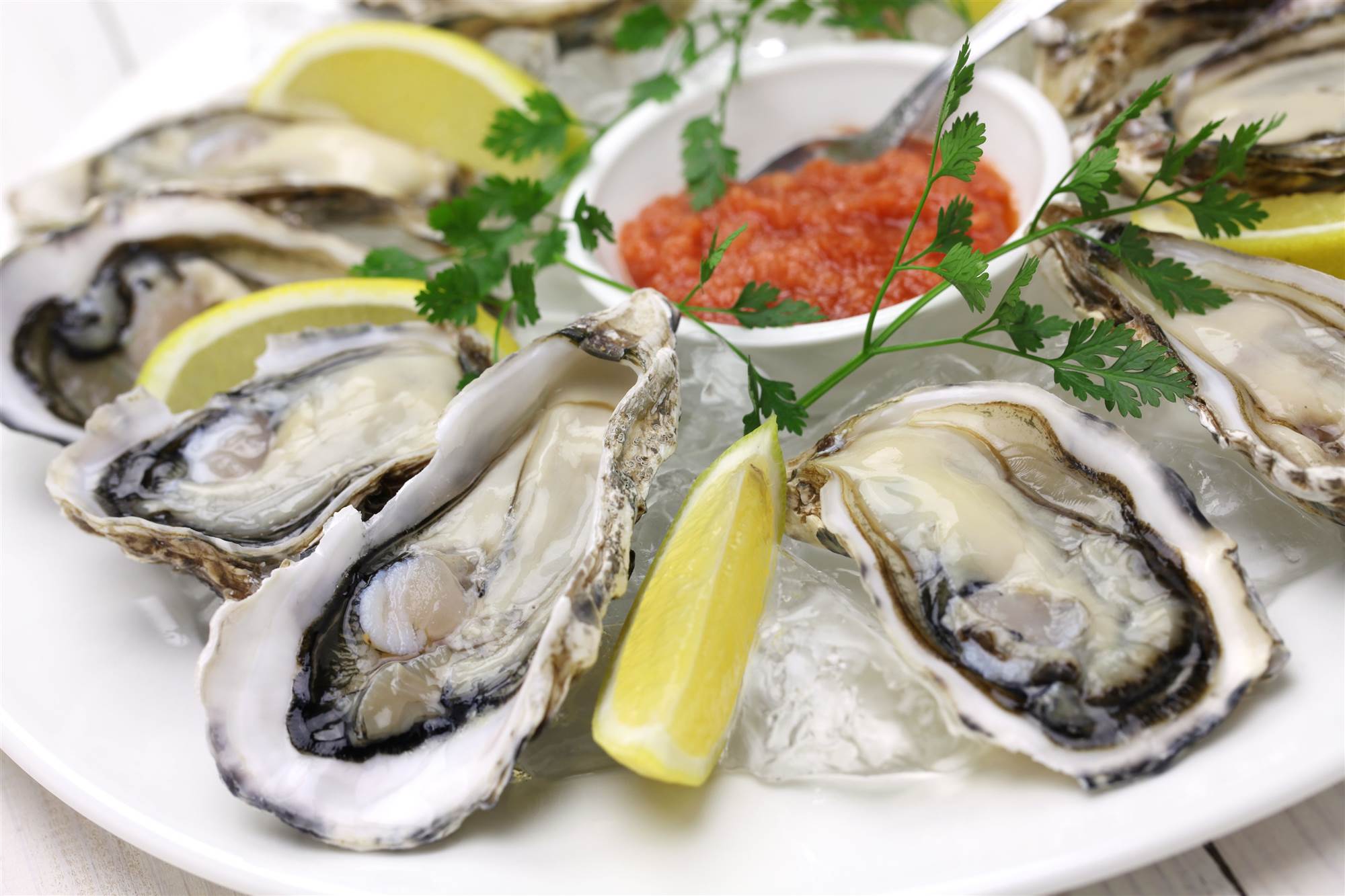
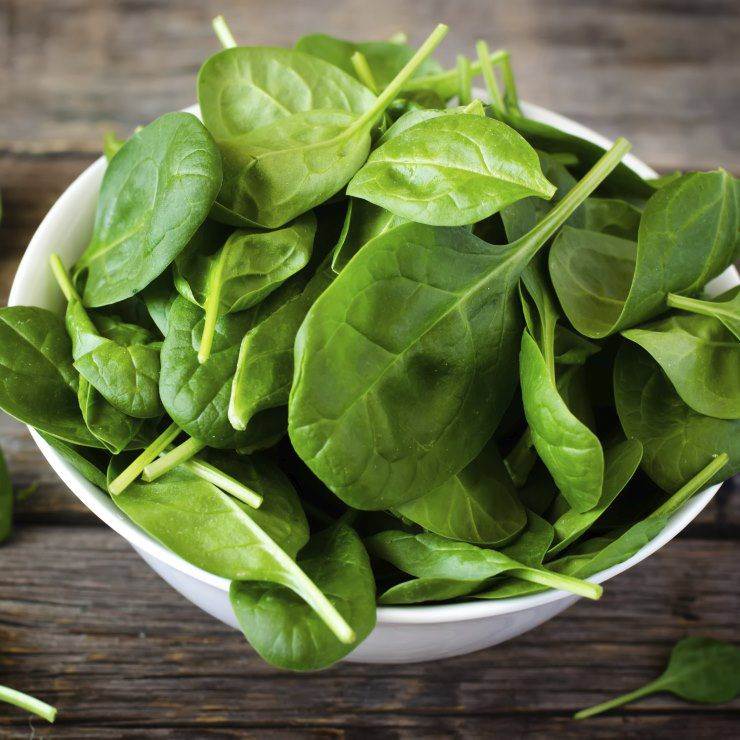
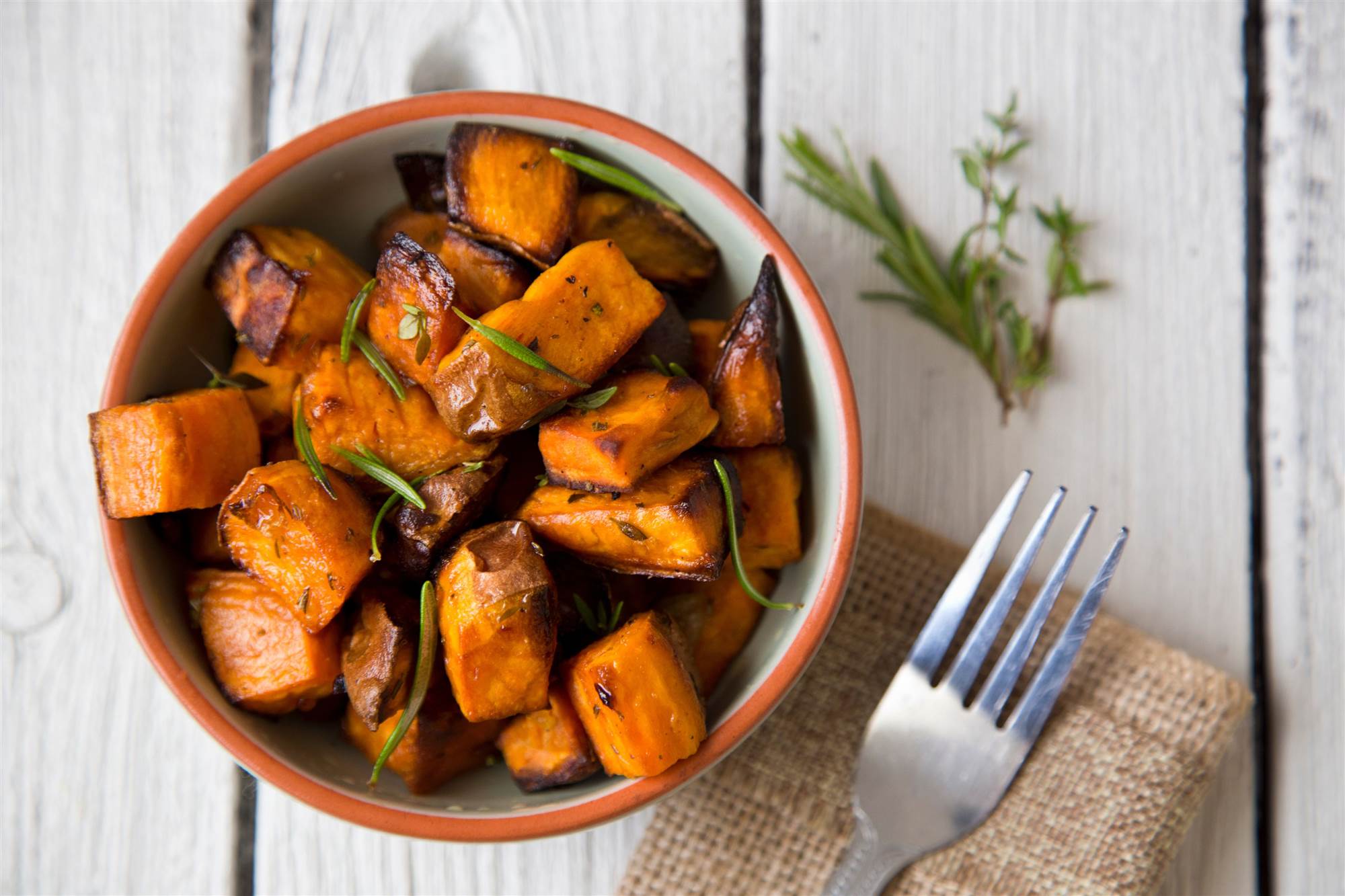
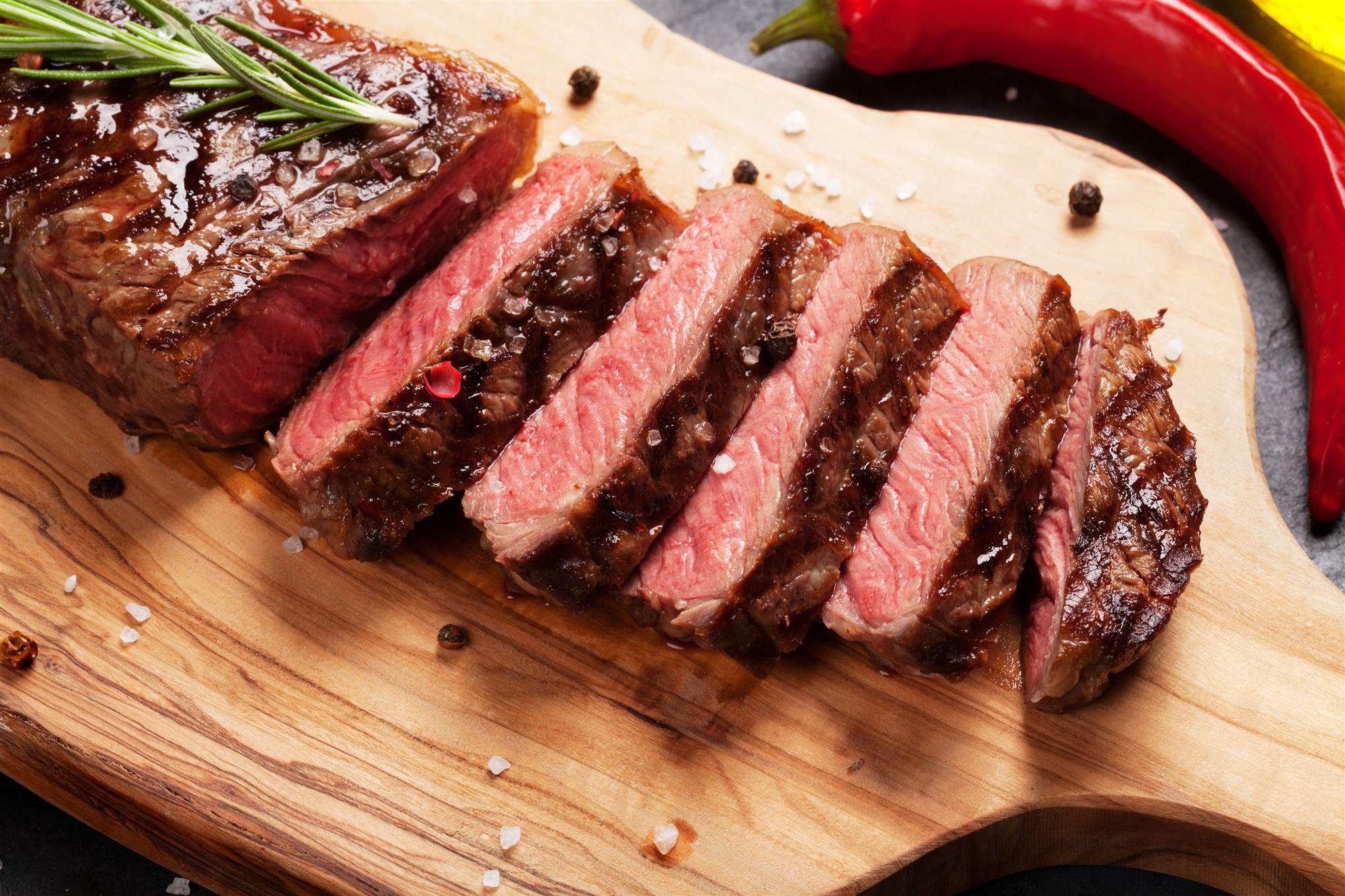
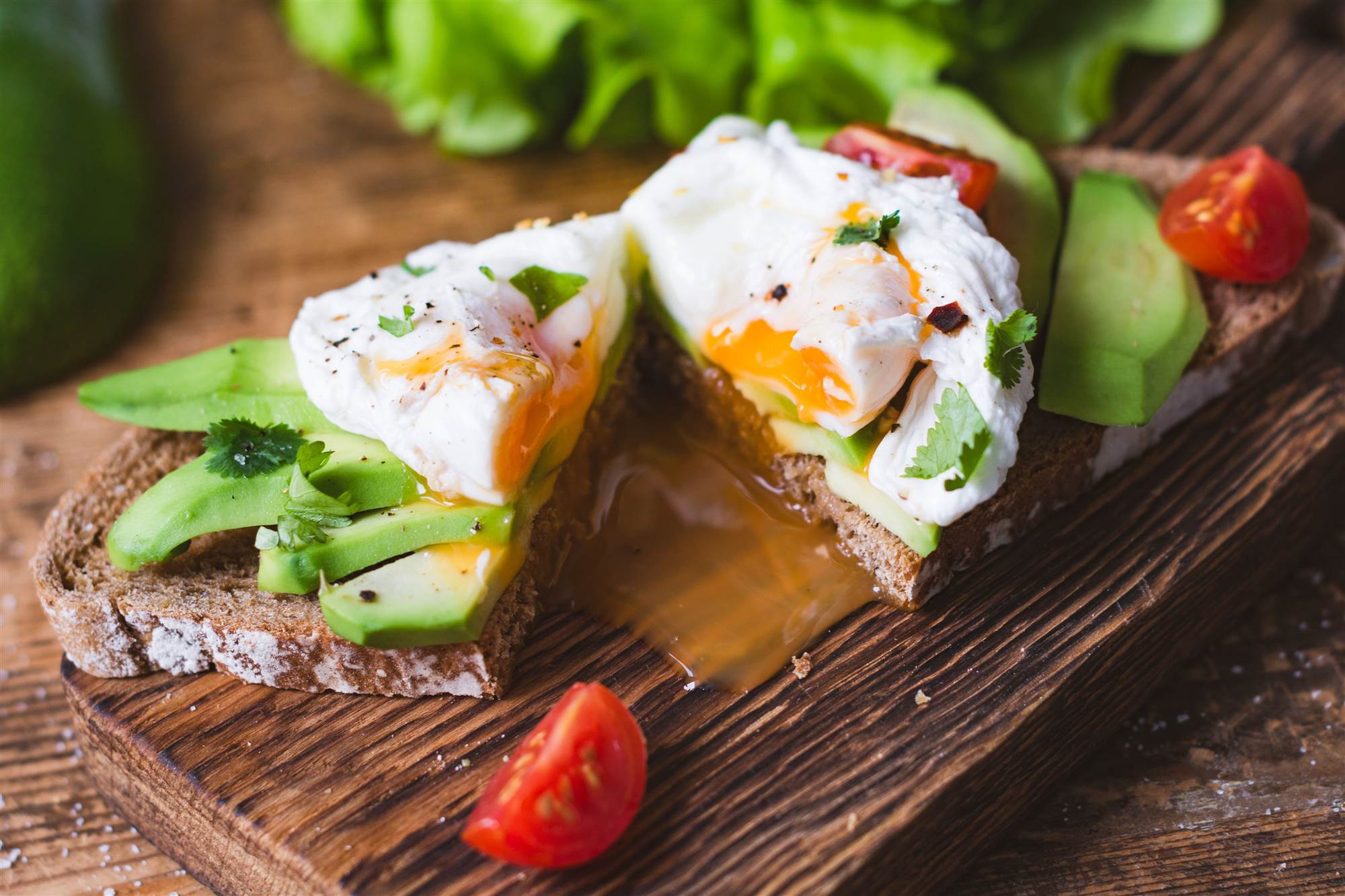
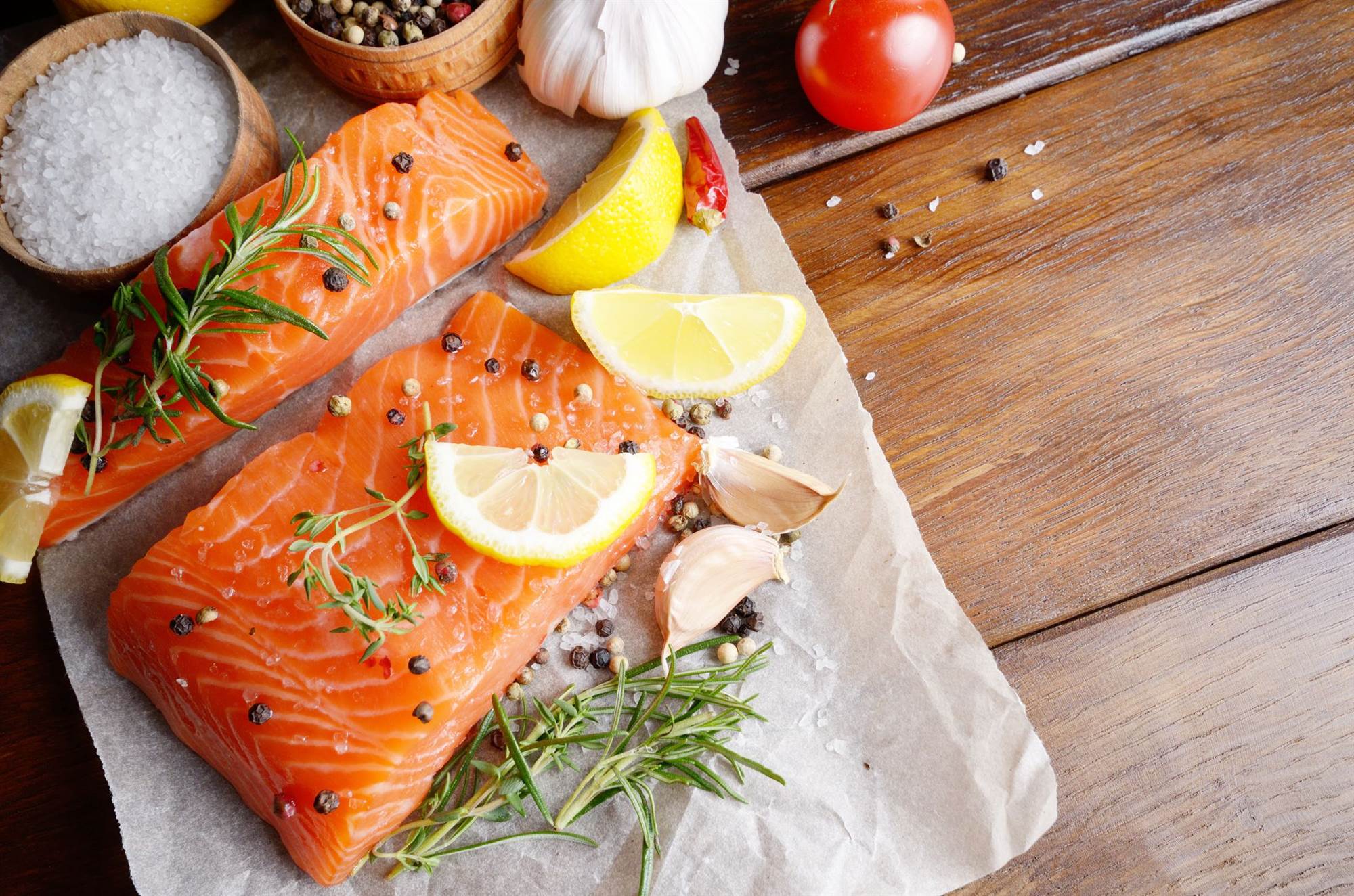
Todor Tsvetkov ©Getty Images
1) Nuts
Fueling up with enough kilojoules and healthy fats does more than keep your muscles and heart healthy. Research in a January 2015 study from the Journal of Cosmetic Dermatology showed that omega-3 and omega-6 essential fatty acids could help reduce hair loss and improve hair growth.
“Nuts, such as almonds or walnuts, and coconut oil are natural emollients for the skin and hair follicle and also moisturise the hair shaft, leaving it glossy,” says dermatologist Dr Anna Guanche.
Nuts and seeds are also rich in B vitamins, zinc and vitamin E, adds dermatologist Dr Rhonda Klein. Vitamin E teams up with selenium to keep cell membranes strong and provide antioxidant defense.
Todor Tsvetkov ©Getty Images
2) Oysters
"The World Health Organization ranks iron deficiency as the world’s most common deficiency, affecting up to 80 percent of the population,” Dr Bauman says. “Even small changes in iron levels without the presence of anaemia can trigger diffuse hair loss and hair thinning.”
Anaemia is especially common among women of childbearing age, says internal medicine expert Dr Mary Wendel.
While red meat, leafy greens, whole grains, beans and egg yolks provide iron as well, Dr Wendel and Dr Klein are particularly fond of oysters since they offer a one-two punch of iron and zinc-the latter of which is “an essential mineral that aids in hair growth and repairs hair cycle support,” according to Dr Klein. A 90g serving of oysters will add 4 1/2 milligrams of iron and 14 milligrams of zinc to your diet.
Todor Tsvetkov ©Getty Images
3) Spinach
Popeye’s favourite vegetable is also in the meat-free, iron-rich camp. Spinach and beans are Dr Wendel’s top vegan-friendly iron sources.
“Spinach is rich in iron, which can help prevent thinning hair,” adds plastic surgeon Dr Anthony Youn.
Beyond beefing up your iron levels, spinach is full of folate, and vitamins A and C. “While vitamin C deficiency is rare in our current society, it’s essential for collagen synthesis and cross-linking of keratin fibres which occurs in hair fibre production,” says Dr Bauman.
Todor Tsvetkov ©Getty Images
4) Sweet potatoes
Baked, roasted or toasted, sweet potatoes served any style are hair-healthy, thanks to their vitamin B6 (also found in white potatoes and bananas) and vitamin A.
“Sweet potatoes are full of vitamin A which aids in sebum production and also may help speed up the rate of hair growth,” Dr Klein says.
A 12cm sweet spud offers 18,400 IU of vitamin A and 0.27 milligrams of vitamin B6, which gets you well on your way-or over your daily quota-of 5,300 IU of A and 1.5 milligrams of B6.
Todor Tsvetkov ©Getty Images
5) Beef
If you’re a meat-eater, you’ll be hard-pressed to find a more lock-loving menu addition than lean red meat. “Grass-fed beef is rich in iron and omega-3 fatty acids, both of which can help thicken hair and make it healthier and more luxurious,” Dr Youn says.
A 120g portion will score you 22 grams of protein, 2 milligrams of iron, and 6 grams of heart-healthy unsaturated fats.
Todor Tsvetkov ©Getty Images
6) Eggs
Get cracking. “Eggs are a great source of protein and biotin, which are both important for healthy hair and growth,” Klein says.
Biotin keeps enzymes buzzing to metabolise nutrients that nourish hair follicles. Beyond the biotin, the yolks in particular are potent in vitamin D, Dr Youn says, which is important to get via diet or supplementation since our bodies don’t produce it naturally. One egg has about 50 IU of vitamin D-but can be as much as 160 times(!) that much if the chicken producing your egg consumes plenty of the sunshine vitamin, too.
Todor Tsvetkov ©Getty Images
7) Salmon
It’s probably clear as day by now that protein is important. “Sudden weight loss, or poor diets low in protein, low in healthy fats and low in phytonutrients found in fresh vegetable and fruits can contribute to shedding and limp, unhealthy hair. Women need to get about 50 grams of protein a day,” Dr Wendel says.
Salmon, herring, tuna and sardines offer protein, vitamin D, omega-3 fats and other hair-boosting components (like linoleum acid, an essential fatty acid) to “nourish the skin and thicken the fat layer around the hair follicle, resulting in healthier hair growth,” she adds.
